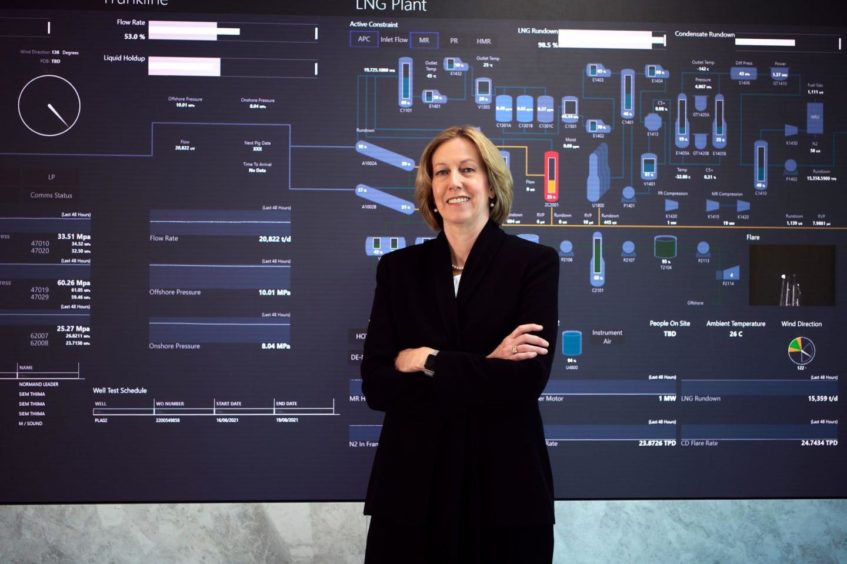
Woodside’s (ASX:WPL) $12 billion Scarborough and Pluto Train 2 project, which was sanctioned yesterday, is expected to supply liquefied natural gas (LNG) into Asia at a more competitive price compared to US LNG export developments.
Discovered over four decades ago, the development is both low carbon and globally cost competitive, said energy research company Wood Mackenzie. Woodside stated that the project, which will be the biggest single upstream investment in Australia of the last decade, has a payback period of six years. “If this can be achieved, it would be decades shorter than the payback period for the projects delivered in Australia’s last LNG wave,” added Wood Mackenzie.
Significantly, the “project economics looks compelling with a gross NPV of $3.6 billion and a lower cost of supply relative to US LNG,” reported investment research house Bernstein.
The integrated IRR of the project is 13.5% with a cost of supply at $5.8 per million British thermal units (mmBtu). This is lower than US LNG supply into Asia, which is $7-8/mmBtu based on US Henry Hub gas prices of $3/mmBtu.
Analysts at Credit Suisse expect the economics could further improve if other fields are brought into the venture.
Crucially, the hard task of building the project starts now, but Bernstein remains optimistic that there will be no cost overruns – which traditionally plagued Australian LNG developments – given the brownfield nature and lack of competing projects.
“Capital costs inflation are significantly de-risked with 90% of EPC contract pricing based on lump sum or fixed. Moreover, 75% of steel price are expected to be locked in by 1Q22. Bechtel will be the EPC contractor on the LNG train which provides some comfort,” said Bernstein.
The offshore part of the project is expected to cost $5.7 billion with the onshore component estimated at $6.3 billion. Aside from Bechtel, several international contractors and suppliers have been hired, including Saipem and McDermott.
Woodside last week announced the 49% sell down of the Pluto T2 liquefaction plant ahead of yesterday’s final investment decision to Global Infrastructure Partners (GIP). Woodside is also seeking to reduce its equity in the Scarborough resource, which it will own 100% after merging with BHP Petroleum.
Still, yesterday’s final investment decision comes at an interesting time for the global LNG market. “Spot prices are at record highs and prices are expected to remain strong through to 2026, when Scarborough is expected online. Cashflow from these high prices will help Woodside fund the development. But there is a risk that the project will start up as the next supply glut – led by Qatar – begins in the mid-2020s,” cautioned Wood Mackenzie.
“Woodside is not the only LNG player looking to take advantage of rising prices and strong demand. Over the next 12 months we expect several low-cost projects to move towards sanction. These include Cheniere’s Corpus Christi Stage 3 and Venture Global’s Plaquemines project in the US, North Field South in Qatar, and Arctic LNG-1 in Russia,” said Wood Mackenzie senior analyst Daniel Toleman.
“Nonetheless, for Woodside, Scarborough plus Pluto Train 2 is a company-making project. It will bring over 20 years of strong cashflow, and locks in production growth through to 2030 and beyond,” added Toleman.
The project is due to produce first gas in 2026 and is expected to provide up to 8 million tonnes per year of LNG and 225TJ/day of domestic gas for an initial 20-year term. Already 60% of the gas supplies have been contracted to customers.
